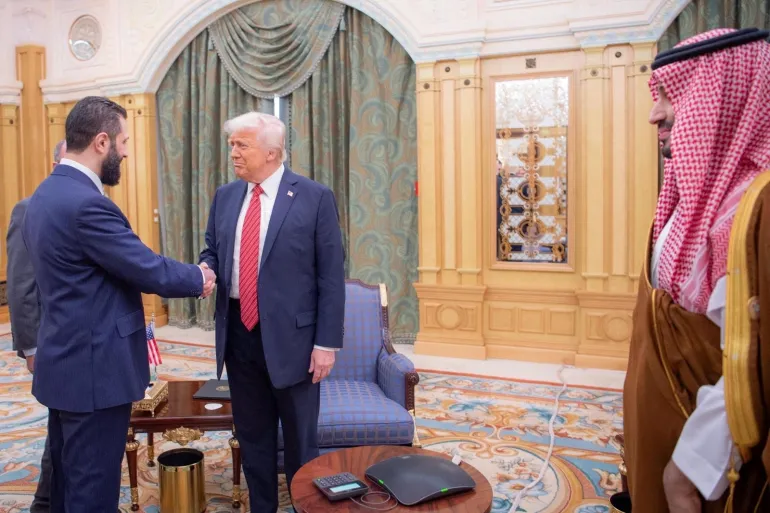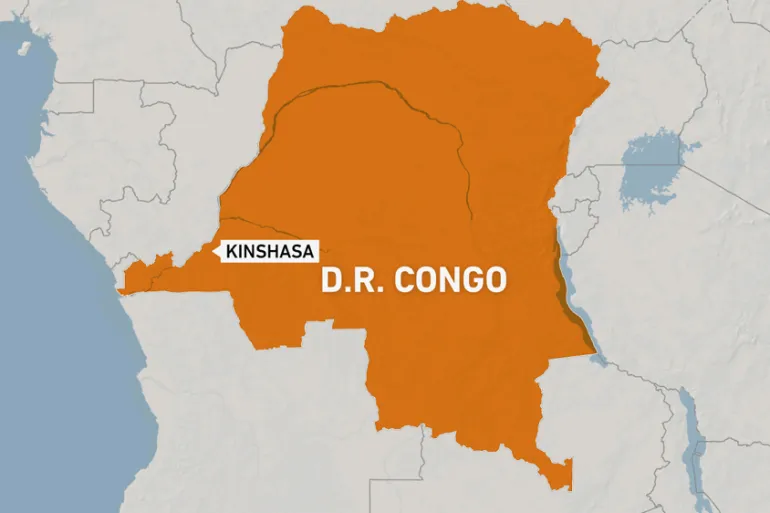The United States has begun lifting select sanctions on Syria in what marks a significant and controversial shift in policy, following a surprise announcement by former President Donald Trump during his ongoing presidential campaign. The move has sparked both praise and alarm across international circles, with critics accusing Trump of undermining accountability for war crimes, while supporters hail it as a step toward restoring regional stability.
The partial sanctions relief targets specific sectors, including construction materials, agricultural trade, and certain banking services, with the goal of easing humanitarian conditions in areas under government control. U.S. officials confirmed that the decision was made following behind-the-scenes negotiations with intermediaries representing the government of Syrian President Bashar al-Assad.
In a statement released Friday, the U.S. Treasury Department clarified that the sanctions relief does not include high-level regime officials or entities directly tied to Syria’s security apparatus. However, it does permit international aid organizations and some private companies to engage in limited financial transactions that were previously blocked under the Caesar Act.
The Caesar Act, signed into law in 2019, had imposed sweeping sanctions on Assad’s regime and its backers, aiming to pressure Damascus into accepting a political transition. For years, Washington maintained a hardline stance, citing widespread human rights abuses, chemical weapons use, and mass displacement under Assad’s rule.
Trump’s announcement—made during a campaign stop in Florida—framed the sanctions rollback as a pragmatic move to “stop the suffering and open the door to peace.” “We’ve tried the tough route, and it didn’t work. It’s time for something new. Sanctions haven’t brought change—they’ve only hurt the innocent,” he said.
The Biden administration has not yet commented on the decision, but insiders suggest the move is being closely monitored and may complicate ongoing bipartisan efforts to maintain pressure on authoritarian regimes. Congressional leaders from both parties expressed concern that the rollback sends mixed signals and could embolden Assad, whose government remains accused of war crimes and systematic repression.
Human rights groups swiftly condemned the move. “This is a betrayal of Syrian victims,” said Kenneth Roth, former executive director of Human Rights Watch. “It hands Assad a propaganda victory and rewards a regime that has shown no remorse for its actions.”
On the ground, reactions in Syria were mixed. In government-held areas, the announcement was welcomed cautiously, with Syrian officials hailing it as “a step toward justice and realism.” In opposition-held regions, however, the news sparked outrage and fear that the West is abandoning its commitment to accountability.
Russia and Iran, both key backers of Assad, welcomed the U.S. decision, with Moscow stating that it vindicates their long-standing argument that sanctions were exacerbating civilian suffering rather than fostering reform.
Meanwhile, European allies have expressed concern over the unilateral nature of the move, warning that any lifting of sanctions should be tied to measurable progress on political reforms and transitional justice. The European Union continues to maintain its own sanctions on Assad’s regime and is unlikely to follow Washington’s lead in the near term.
Analysts say the timing of Trump’s announcement, during a heated election campaign, suggests domestic political calculations were a major factor. “He’s trying to position himself as a dealmaker again—someone who can break the mold and do what others won’t,” said Steven Cook, senior fellow at the Council on Foreign Relations.
As the situation evolves, attention will turn to how the Assad government responds, and whether this initial easing leads to deeper diplomatic engagement or simply further entrenches Syria’s authoritarian leadership.
For now, the U.S. has cracked open the door to Syria—leaving allies, critics, and Syrian civilians wondering what comes next.
Source: Al Jazeera



